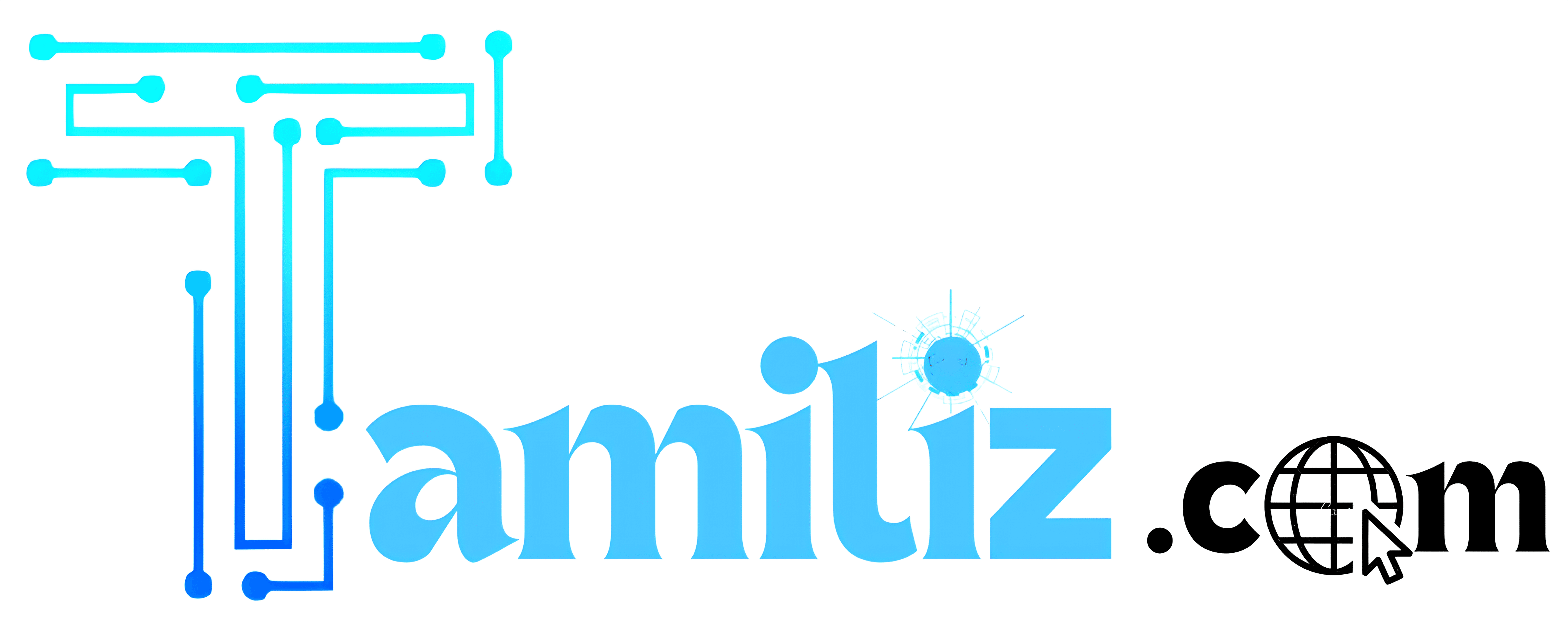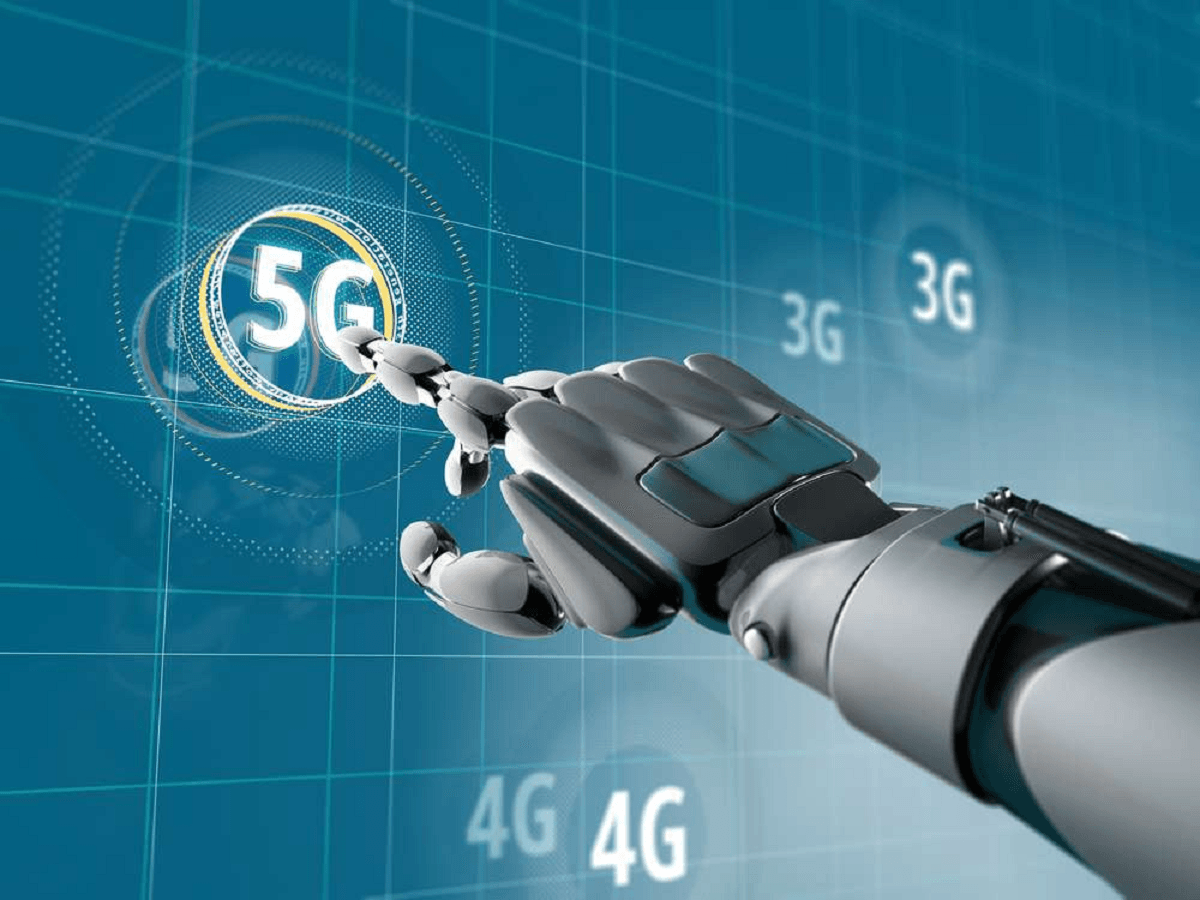Introduction
As the digital age continues to evolve, the demand for faster and more reliable internet connectivity is higher than ever. This demand drives cutting-edge research, and Japan, a global leader in technological innovation, has once again set a new benchmark. In 2024, researchers in Japan broke the world record for the fastest internet speed, achieving a staggering 402 terabits per second (Tbps). This new milestone represents a leap forward in data transmission technology, outpacing previous records and signaling a new era in global digital infrastructure.
Technology Behind the Record
The breakthrough that allowed Japan to achieve this incredible speed of 404 Tbps is rooted in advancements in fiber-optic communication and data multiplexing technologies. The team of researchers at the National Institute of Information and Communications Technology (NICT) in Japan utilized a next-generation multi-core fiber system. Unlike traditional single-core fibers, multi-core fibers contain multiple transmission pathways within a single cable. In this instance, they used four cores within each fiber, allowing four separate streams of data to be transmitted simultaneously. They also implemented wavelength-division multiplexing (WDM), a technology that uses multiple wavelengths of light to carrydifferent data streams. By splitting the light into 801 distinct wavelengths, the researchers were able to send vast amounts of information through each fiber at once. Moreover, they used Raman amplification and erbium-doped fiber amplifiers (EDFAs), two techniques that amplify the signal along the fiber to ensure it can travel over long distances without degradation. This combination of multi-core fiber, WDM, and amplification resulted in the unprecedented speed of 404 Tbps over a transmission distance of 3,000 kilometers (around 1,864 miles).
Other Fastest Records and Holders
Before this record-breaking achievement in 2024, other countries and research institutions had also pushed the limits of internet speeds:
- Japan (2021): Japan previously held the record for the fastest internet speed at 319 Tbps. This was achieved using advanced fiber-optic technologies similar to those used in the 2024 record.
- United Kingdom (2020): Researchers at University College London achieved a data transmission speed of 178 Tbps, using a combination of high-bandwidth signals and sophisticated data modulation techniques.

- Australia (2020): A team from Monash, Swinburne, and RMIT universities recorded speeds of 44.2 Tbps using a novel optical chip to increase the capacity of traditional fiber-optic cables.

- United States (2018): Google and NASA’s collaboration achieved a speed of 1.6 Tbps during trials for future space communication systems.

Japan’s latest breakthrough sets a new high in the race to enhance global internet speeds, surpassing its own previous record and paving the way for future innovations.
Benefits of Ultra-Fast Internet
The implications of Japan’s 402 Tbps achievement are immense, with numerous benefits across different sectors:
- Accelerated Research and Development: Fields like genomics, artificial intelligence, and climate science rely on transferring and processing massive amounts of data. Ultra-fast internet speeds can reduce data transfer times, accelerating research and innovation on a global scale.

- Healthcare and Telemedicine: With faster data transfer, real-time diagnostics, telemedicine, and even remote surgeries can be performed with minimal delay, enhancing healthcare access and outcomes, particularly in remote regions.

- Entertainment and Virtual Reality (VR): Internet speeds of this magnitude will revolutionize the entertainment industry. Streaming 8K videos, using VR and augmented reality (AR), or cloud gaming will become seamless, providing users with more immersive experiences.

- Global Communications and Collaboration: Businesses operating across the globe will benefit from real-time collaboration, faster cloud-based operations, and instantaneous data transfer. This could transform sectors like finance, logistics, and manufacturing.

- Space Exploration: The ability to send large amounts of data at ultra-high speeds could revolutionize space communication, allowing for real-time data transmission between Earth and spacecraft during space missions.

Usage of 402 TBPS Internet Speed
The potential applications of this breakthrough internet speed are wide-ranging and transformative:
- Smart Cities and Internet of Things (IoT): With ultra-fast internet, smart cities could become a reality, where IoT (Internet of Things) devices communicate seamlessly with each other. From traffic management to utilities, the possibilities for automation and efficiency are immense.

- Artificial Intelligence (AI) and Big Data: AI-driven systems rely on vast amounts of data for real-time decision-making and machine learning. The ability to transmit this data in fractions of a second will speed up AI’s evolution, from autonomous vehicles to advanced robotics.

- 5G and Beyond (6G): The development of 6G and other next-generation communication systems will be made easier with faster data transmission speeds. This could lead to widespread adoption of technologies like autonomous cars, smart homes, and other futuristic innovations.
- Cloud Computing: Businesses and individuals rely heavily on cloud storage and computing for everything from data processing to entertainment. With faster internet speeds, accessing, sharing, and processing cloud-based information will become instantaneous,allowing for more efficient global operations.
Disadvantages of Ultra-Fast Internet
While the advantages of achieving such high speeds are numerous, there are also several challenges and potential drawbacks:
- Infrastructure Costs: The global infrastructure required to implement ultra-fast internet on a large scale is expensive. Rolling out fiber-optic networks that support these speeds, particularly in rural and developing regions, requires significant investment.

- Energy Consumption: Powering such high-speed networks can be energy-intensive. As internet speeds increase, so too does the demand for electricity to maintain the infrastructure, posing environmental concerns if not addressed with energy-efficient technologies.

- Cybersecurity Risks: As data transmission speeds increase, so do the risks of cybersecurity breaches. Faster networks could enable hackers to transfer large volumes of stolen data in less time, making it critical to develop equally advanced security measures to protect against cyber threats.

- Digital Divide: While ultra-fast internet will be accessible in more developed regions, it may further exacerbate the digital divide between urban and rural areas, as well as between wealthy and underdeveloped nations. Ensuring equitable access to such technology is essential.

Conclusion
Japan’s record-breaking internet speed of 402 Tbps in 2024 represents a significant leap in the capabilities of data transmission technology. While this achievement is a testament to Japan’s leadership in technological innovation, the impact of such fast internet speeds will be felt globally. From revolutionizing industries like healthcare, entertainment, and AI, to enabling the development of next-generation communication systems, the possibilities are vast. However, to fully realize the potential of ultra-fast internet, challenges such as infrastructure costs, energy consumption, and cybersecurity must be addressed. As we move into an era of unprecedented connectivity, Japan’s latest record is a major milestone, bringing us closer to a more connected, efficient, and innovative future.















Your writing has a way of resonating with me on a deep level. I appreciate the honesty and authenticity you bring to every post. Thank you for sharing your journey with us.
It’s my pleasure.